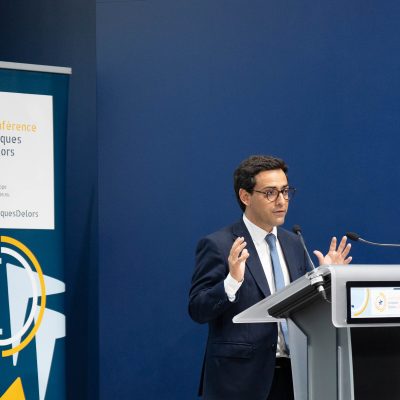Balancing urgency with control
HOW TO PREVENT FRAUD IN THE USE OF THE EU RECOVERY FUNDS WITHOUT DELAYING THEIR IMPLEMENTATION

Executive summary
The EU Recovery and Resilience Facility (RRF) raises specific challenges for the prevention and fight against fraud. It will provide a massive amount of money to be implemented in only six years. To spend it quickly, many governments will make generalised use of emergency procurement processes and relax budgetary controls. At the same time, the EU´s oversight over the use of RRF funding will be performance-oriented. While this will allow a speedy implementation and ensure the achievement of results, it will also render more difficult the detection of abuse of EU funds.
This paper explores ways to reconcile the need for a speedy implementation with the necessary actions to combat fraud in the use of EU Covid funds. A key message is that urgency should not lead to an elimination of anti-fraud controls, but the latter should be more cost-effective to allow a quick disbursement of the funds. With less reporting obligations for Member States, the EU will have to rely more on its own investigative capacities to identify cases of suspected fraud. It is thus essential to guarantee an appropriate budget for the two EU institutions in charge of investigating fraud, OLAF (the EU´s anti-fraud office) and the new European Public Prosecutor’s Office (EPPO). Finally, the focus should be on combating institutionalised fraud and large-scale corruption. In those Member States having received Country Specific Recommendations (CSRs) linked to the integrity of the public administration and judicial system, access to the RRF funds should be strictly conditioned to a credible reform path to resolve these institutional weaknesses.




